First ministerial-level visit in 7 years shows India re-engaging with Syria: Expert
By Syed Zafar Mehdi
The first ministerial-level visit from India to Syria after almost seven years must be seen through the prism of India’s “long and rich foreign policy lineage,” says an Indian analyst.
Sandeep Mukherjee, a Kolkatta-based political and military strategist, and author, in an interview with the Press TV website, said the visit indicates that the Narendra Modi government is trying to re-engage with the Bashar al-Assad government in the wake of Syria's return to the Arab and regional fold.
“The government of India has been actively reaching out to its traditional allies and friends for a while now. The recent developments in the Middle East (West Asia) and the Arab world took many by surprise. Both the pace and the substance of these developments were stunning,” he remarked.
V. Muraleedharan, India’s Minister of State (MoS) for External Affairs (Foreign Affairs), visited the Arab country earlier this week after a hiatus of seven years in a bid to revitalize India-Syria ties.
M J Akbar, India's then-MoS External Affairs, was the last high-ranking Indian government official to visit Damascus in 2016.
Mukherjee referred to the normalization of diplomatic ties between Iran and Saudi Arabia and Syria’s triumphant return to the Arab League and the mainstream of Arab politics as “tectonic shifts in not only local but in the global strategic scenario.”
“While it has deeply upset those governments which benefited from the deep divides in Arab strategic affairs; to others like India, it presents new opportunities with old friends,” Mukherjee stated.
Musing back, he said Jawaharlal Nehru, Independent India’s first prime minister, was the first top Indian government official to visit Syria in 1957. Atal Behari Vajpayee toured the Arab country in 2003 as then-prime minister. Pratibha Patil, then-President of India, visited in 2008.
“Apart from one Indian President and the two PMs, several other ministers and dignitaries have visited over the years,” the political and military analyst said, adding that India has “remained sensitive to Syrian sovereign interests like the issue of the occupied Golan Heights.”
Key areas of cooperation
Following his maiden official visit to Syria, India's foreign ministry in a statement on Friday said the minister's “productive” visit has provided an opportunity to take the bilateral cooperation between the two countries to a "higher level."
“The visit of MoS to Syria has been highly productive and provided an opportunity to find new ways and means to take the bilateral cooperation to a higher level,” read the statement.
On the potential of cooperation between India and Syria and the key areas where the two countries can work together, Mukherjee said education and trade have traditionally been the “focal points of the relationship” between the two countries.
India on Friday, a day after the deputy foreign minister's visit, announced scholarships to Syrian students who want to study in India with Muraleedharan saying that during his meeting with Syrian President Bashar al-Assad, New Delhi announced 300 new scholarships for Syrian students.
Mukherjee said it is important that young people from Syria “get opportunities to avail best possible education in places where they can learn and enjoy in peace, as young people everywhere deserve to,” adding that India can “provide excellent educational opportunities” for Syrian students.
“India also stands to benefit from trade in commodities and oil products. A multitude of Indian finished goods may help in enriching day-to-day lifestyles in Syria. Indian firms have demonstrated their effectiveness in infrastructural and engineering projects, in conflict zones like Afghanistan,” he hastened to add, while pointing to the likelihood of defense cooperation between the two countries.
“The militaries of both countries extensively use Soviet / Russian equipment. Both forces have grappled with long, externally supported insurgencies. The Syrian military has gained rich experience in modern, state-of-the-art warfare, where both Russian and Western armaments have been used,” Mukherjee, who is the author of the book The 1962 India - China War: What They Don't Want You to Know, told the Press TV website.
“Cutting-edge platforms have been tried out on Syrian battlefields. Operational doctrines and tactics have demonstrated their effectiveness and/or flaws in real-time combat. I think the Indian military would gain from military exchanges and joint exercises with Syrian forces.”
Look-eastward policy
On President Assad’s remark that the Arab country follows the "principle of looking eastward" as key to its foreign policy, the Indian analyst said it is a “no-brainer” now.
“The West has nothing else to offer the Arabs apart from pathological, civilizational hostility and infinite exploitation of resources. It's a gut-level thing. Look at how the average Westerner reacts to their governments' war crimes in the Middle East (West Asia), their political establishments' blind support to Israeli depredations in Palestine and Lebanon for over 70 years,” Mukherjee said.
“These have been normalized in the West. Their "Rule-Based Order" and "Human Rights" stop at the Mediterranean coast. Compare that to how an average Indian or most Asians and Africans react to these abominations. This per se explains the difference in response of the Global South vis a vis the western NATO countries, to the Russia - Ukraine war.”
He described the two countries as “old partners from the Non-Aligned Movement,” emphasizing that New Delhi has “never toed the Western line in global conflicts.”
“The present generation may not be aware of the hair-raising details- like the US 7th Fleet approaching the Bay of Bengal to threaten the Indian Navy's blockade of East Pakistan. However, the dissolution of the USSR, the first Iraq war of Bush (senior), and events around that time saw India diluting its stand,” he asserted.
“The US became the sole arbiter of global justice and terms of existence. India had to play ball, to a certain extent. But that kind of a unipolar world suits nobody but its few beneficiaries.”
With Russia emerging as an “alternative pole in global affairs,” the political and military commentator from India said the Global South “has a choice after a long time.”
“India is demonstrating its choices in the global arena, for all to see. Relationship with Syria has to be seen in that context. However there are "thorns" in this "rosy" picture,” he remarked, referring to the “China issue” and rising tensions between New Delhi and Beijing.
‘So, while India reinforces its ties with Syria and other Arab countries, nuances, and calibrations would be in evidence to cater to its core interests.”
VIDEO | On the frontlines of Humanity: Dr. Abu Safiya’s heroic stand to save lives under fire in Gaza
Sleepless in Tel Aviv: Yemen's long-range missiles rattle settlers, shake Zionist entity
Sixth Palestinian baby dies of hypothermia as cold grips Gaza
Iran's president urges peace and security in region, Muslim world
VIDEO | Tehran hosts poetry congress honoring martyr Soleimani, Resistance
Iran’s strategic path amid sanctions: Sovereignty, resistance, and role of China
Propaganda in action: Qatari media at the service of HTS regime in Syria
VIDEO | Press TV's news headlines


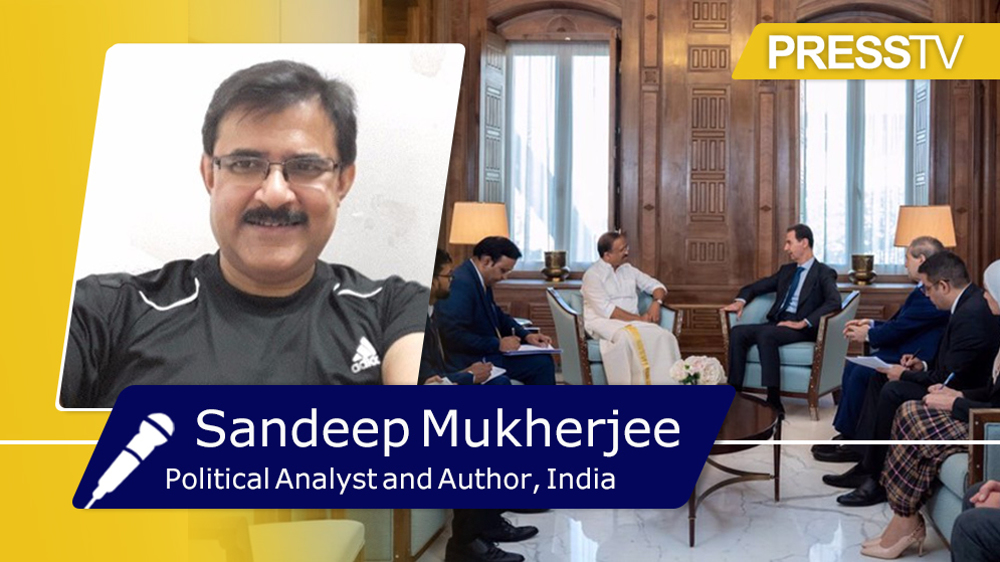
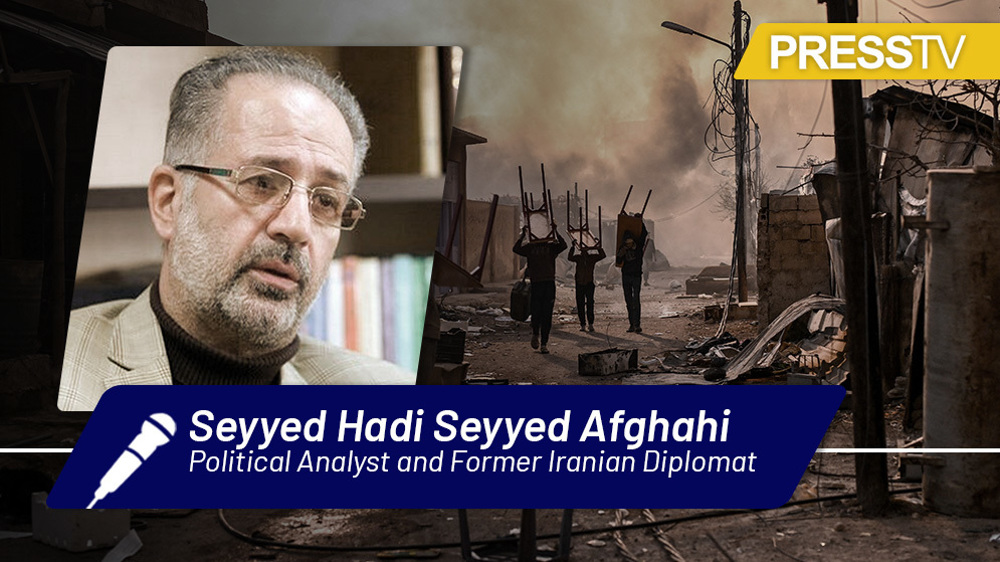
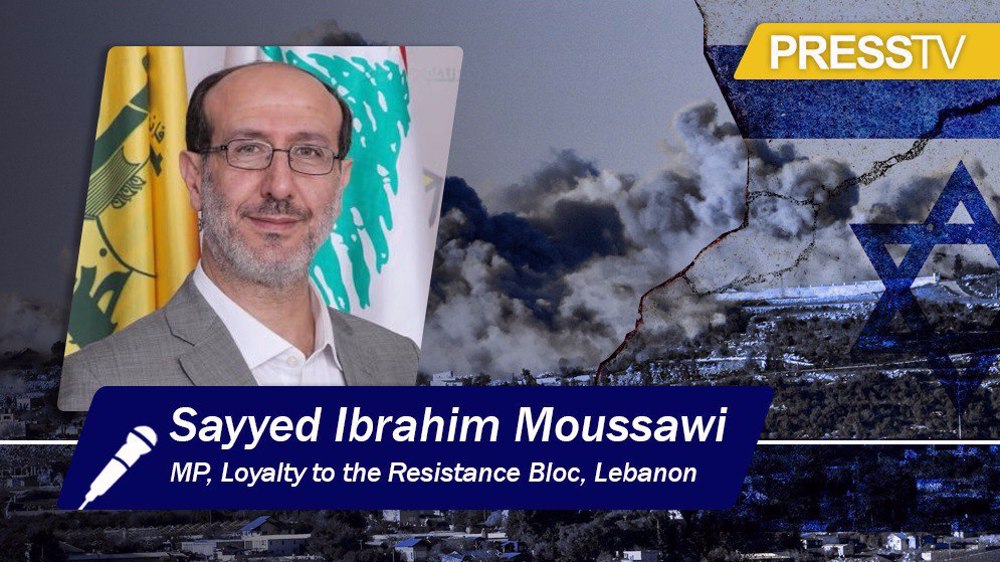




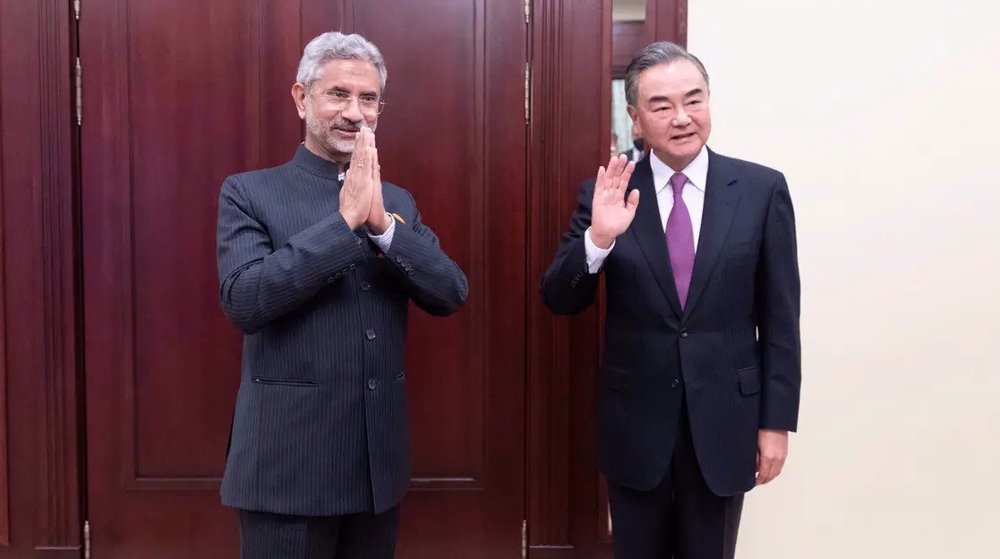
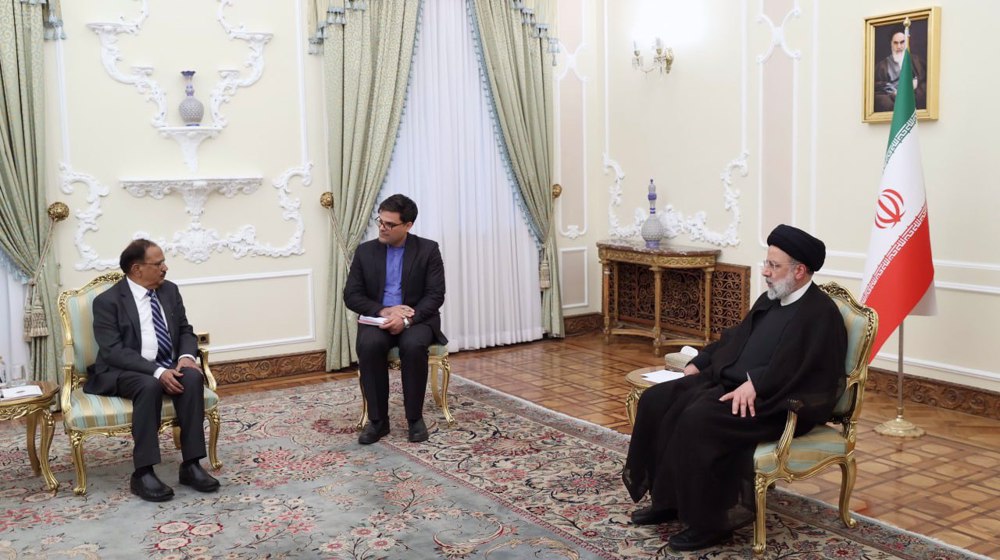
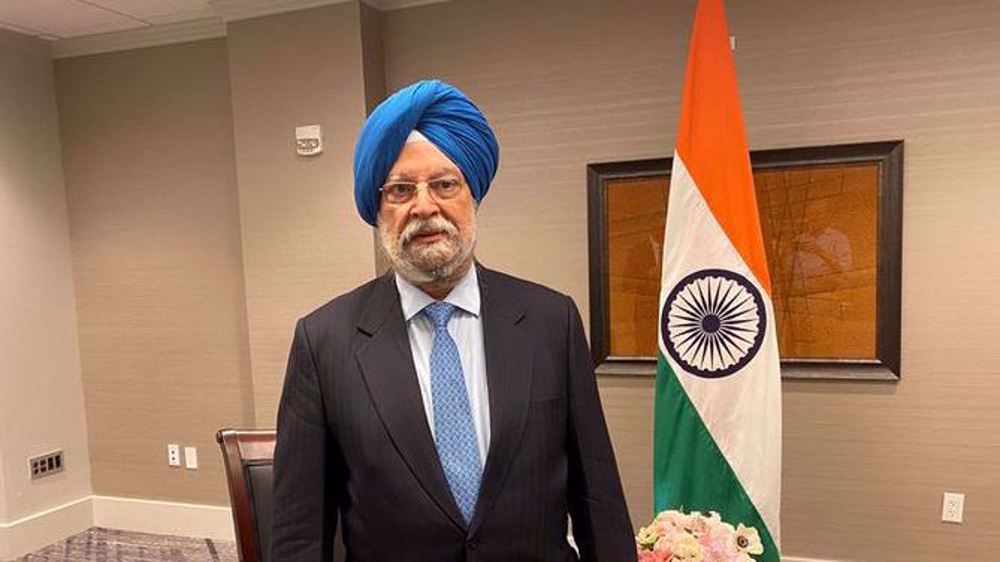
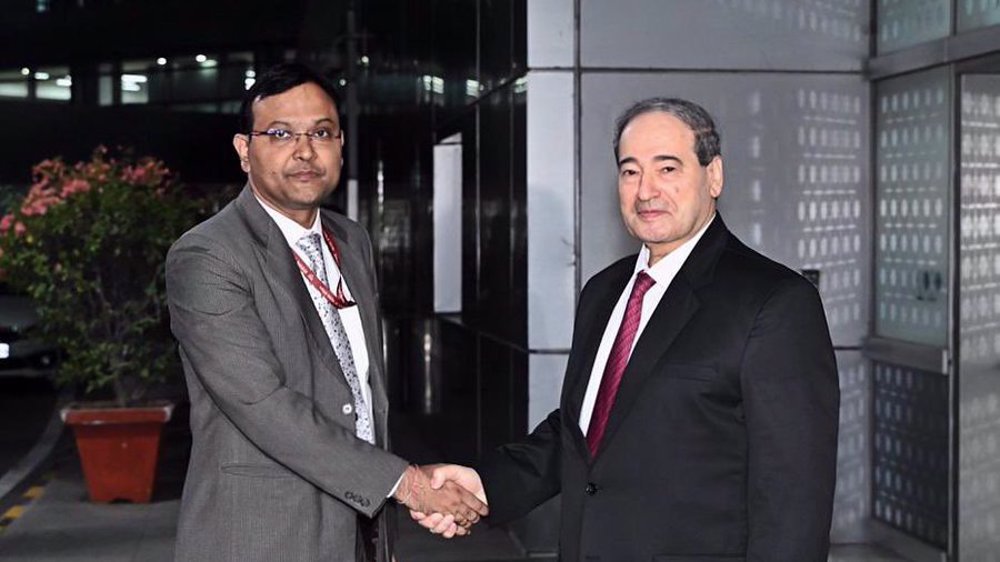
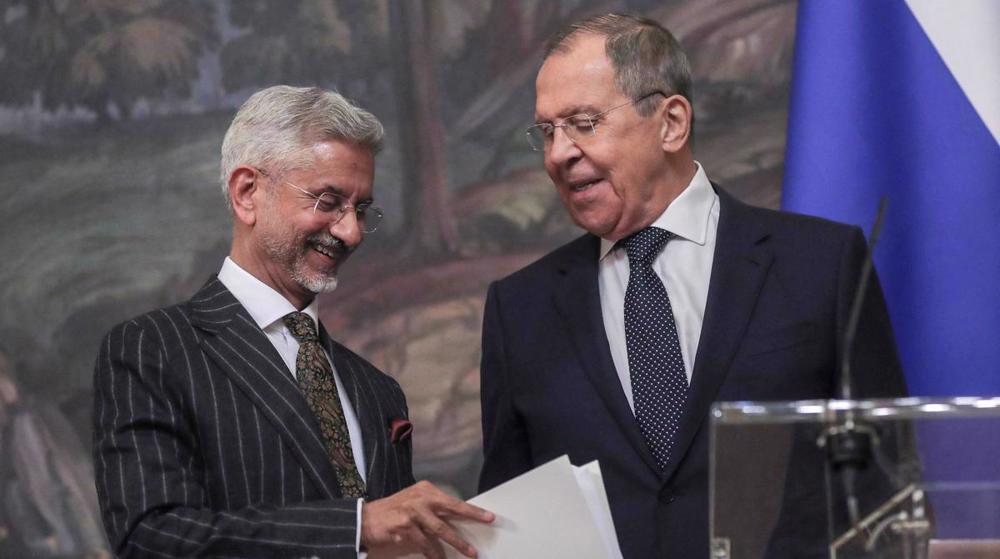

 This makes it easy to access the Press TV website
This makes it easy to access the Press TV website